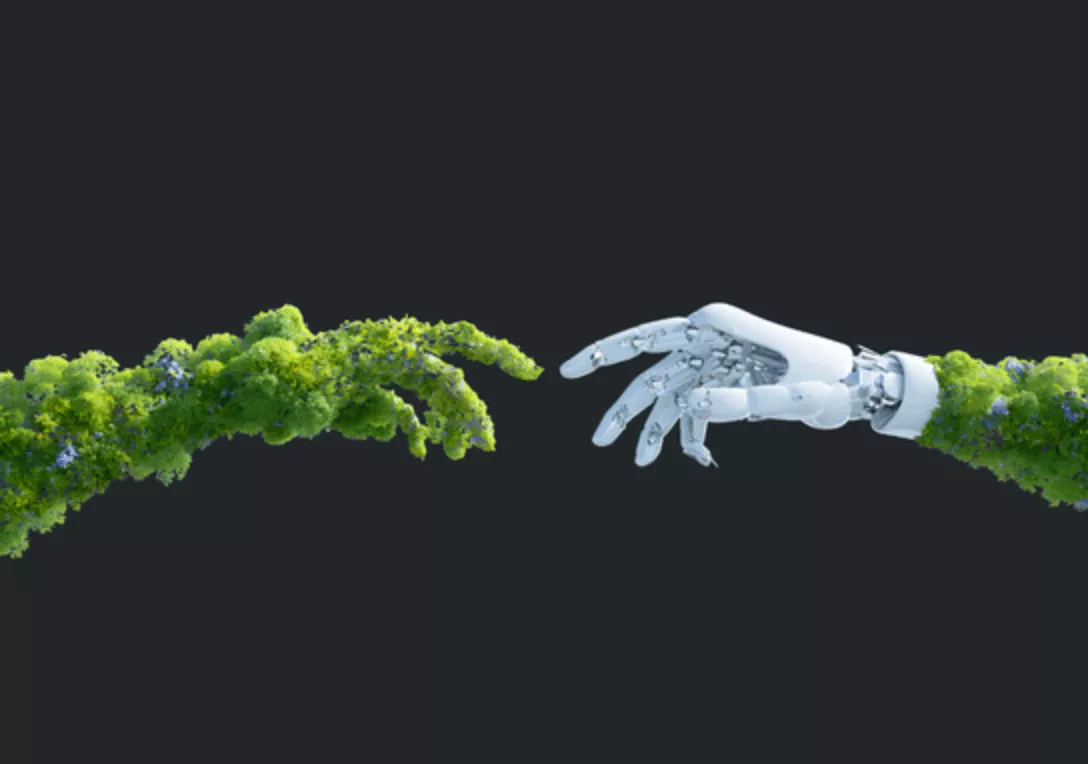
AI Governance, Ethics, and Risk Management
Establish and enforce policies for the responsible use of AI.
At Smart Scale Engineering, our Artificial Intelligence (AI) Center of Excellence is a strategic hub where centralized team whose primary role is to nurture the strategic hub for all Artificial Intelligence initiatives inside the company or towards our customers.

Whether you’re starting with a proof of concept or scaling enterprise-wide AI, our CoE guides you through every step with a clear focus on technical precision and ethical alignment.
We strive for technical excellence and operational rigor in every project. From architecture to deployment, our teams deliver solutions that perform, scale, and endure.
We believe in innovation that respects people, the planet, and ethical principles. Our teams explore new technologies with curiosity and responsibility, ensuring they serve real-world needs.
Your challenges are our roadmap. We work closely with you to co-design tailored solutions, ensuring clarity, alignment, and impact from day one.
Environmental performance is built into our engineering process. We develop architectures and operations that reduce carbon footprints and promote digital sobriety.
Faster AI Adoption: we streamlines processes, provides reusable models and tools, allowing AI initiatives to move from pilot to offerings to our customers more quickly.
High-Impact Prioritization: The CoE evaluates and prioritizes AI use cases based on their potential to drive measurable business value (e.g., revenue growth, cost reduction), ensuring investment is focused on the most impactful projects to bring value to our customers.

Centralized Expertise: we consolidate top AI talent, creating a shared pool of knowledge, skills, and resources available to the entire organization.
Standardized Best Practices: The AI CoE at Smart Scale Engineering establishes a uniform set of development methodologies, toolsets, and deployment pipelines (MLOps), ensuring consistency and quality across all AI projects.
Upskilling and Collaboration: It acts as a hub for training, workshops, and cross-functional collaboration, raising the general AI literacy and capability of the entire workforce.

Smart Scale AI CoE is the central authority that guides and enables our strategy and offerings maturity in DevOps.
Establish and enforce policies for the responsible use of AI.
Serve as the centralized hub for AI expertise and best practices.
Explore, experiment with, and integrate cutting-edge AI technologies (like Generative AI) for future business application.
Generate and evaluate potential AI project opportunities across all business units.
Smart Scale AI CoE is the central authority that guides and enables our strategy and offerings maturity in DevOps.
Oversee ethical standards, manage regulatory compliance (data privacy, security), detect and mitigate risks like algorithmic bias, and ensure transparency in models.
Conduct organization-wide training, provide mentorship, develop AI literacy programs, and maintain a repository of shared documentation, successful project templates, and lessons learned.
Run pilot projects and proofs-of-concept (PoCs), and manage relationships with external partners, vendors, and academic institutions to stay ahead of the technology curve.
Create a formal intake process and a scoring rubric (based on business impact, feasibility, and risk) to create a constantly prioritized backlog of projects.
In organizations across the globe, a familiar story plays out every day. A team of brilliant data scientists, working in their own specialized environment, develops a groundbreaking machine learning model. But when the time comes to deploy that model into a production application, the process grinds to a halt. The model, painstakingly built in an artisanal « workshop, » struggles to survive on the enterprise « factory floor. »

This is the « lab to production » gap, a chasm of friction between data science teams who need flexibility and powerful tools, and IT operations teams who demand security, scalability, and governance.
Red Hat OpenShift AI is a unified platform designed to bridge this exact gap. It’s not just another collection of AI/ML tools; it’s a comprehensive, enterprise-ready platform that brings the entire AI/ML lifecycle onto the trusted, scalable foundation of Kubernetes. It provides the common ground where data science and enterprise IT can meet to industrialize AI and deliver business value at speed.
OpenShift AI integrates a curated set of leading open-source AI/ML tools and technologies into a single, cohesive platform running on Red Hat OpenShift. This provides a consistent environment for every stage of the lifecycle, including:
By providing these capabilities on a single platform, OpenShift AI delivers powerful benefits to every stakeholder involved.
Data scientists are freed from the constraints of their local machines. OpenShift AI gives them the self-service, familiar tools they love, but with the power of the enterprise behind them.
Getting a model into production and keeping it there is the core challenge of MLOps. OpenShift AI provides the essential plumbing to automate this process.
This is where the platform approach shines. For IT and platform teams, OpenShift AI brings sanity to the often-chaotic world of AI infrastructure.
Ultimately, the technical benefits translate into tangible business outcomes.
Red Hat OpenShift AI provides the essential platform to elevate artificial intelligence from a siloed, experimental craft into a scalable, governed, and industrial-grade enterprise capability. It provides the standardized factory floor needed to consistently build, deploy, and manage AI models with the speed and reliability that business demands.
In an era where AI is a primary driver of competitive advantage, simply having talented data scientists isn’t enough. You must have a robust platform to empower them. OpenShift AI provides that common ground, finally uniting data science and enterprise IT to deliver innovation at scale.




